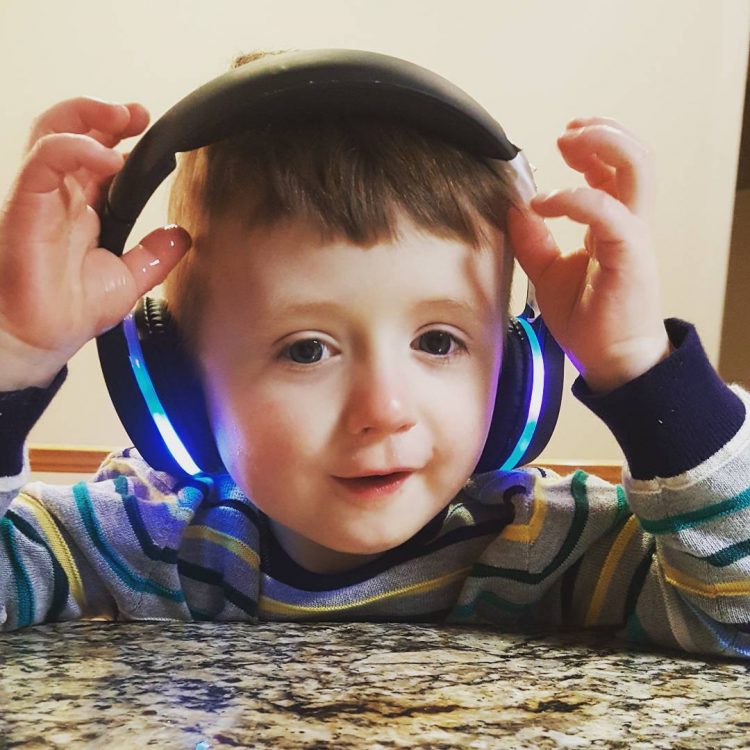Why You Need to Be Your Own Advocate As the Parent of a Child With Illness
This isn’t a story of how I found my strength in a moment of pain and hardship. This is a story of how I came to terms with being weak in a difficult — to say the least — moment.
Last night we gave our son the first of his new nightly growth hormone injections. We’ve been preparing for the for the last couple of months. We did all of the testing that led to a diagnosis of growth hormone deficiency, and we talked with his endocrinologist extensively about growth hormone replacement. We watched the videos about how to give injections. We joined Facebook groups preparing ourselves. Out of all the stuff he’s been through, this didn’t seem like that big of a deal. The time came to give him his shot. He did so great. He was jumping and laughing around within seconds.
Then came my very unexpected reaction — I freaked out. I was angry and crying and incredibly sad. Then I started questioning myself.
Why was I so upset about this?
Why am I crying so hard over this?
Silas is fine; he’s happy.
Why can’t I pull myself together?
I felt guilty and ashamed for being so upset over giving him a shot of a medication that will help his body grow. It took me a solid 12 hours before I finally realized why I was feeling this way. I just gave my son a shot. I’m not a nurse. This isn’t what I’m trained to do. This is really hard, sad and unfair — and really freaking expensive.
Silas was diagnosed with ADNP syndrome (also known as Helsmoortel-Van Der Aa syndrome) three years ago. We spent years searching for a diagnosis. He’s been through hundreds of tests and needle pokes, countless hospital stays, and tons of different medications. You just kind of get used to it. It’s always hard, but the difficulty of it stays in the background most days. I spend most of my time being his biggest, most fierce advocate and champion. He’s so adorable and happy that it’s easy to get lost in his giggles and forget about my own feelings.

Sometimes I get so used to being his advocate that I forget about being my own advocate. There’s so much pressure to be strong and be OK with it all, and honestly most days not being strong is just not an option. You have no choice — you just have to be. But then moments like last night happen. You get blindsided by your own emotions and feelings. These reactions to the really hard stuff that happens when you have a medically complex child shouldn’t be so surprising to have. There shouldn’t be guilt or shame over being sad and angry about it all.
It’s OK to be sad. It’s OK to be angry. It’s OK to cry.
When the daily life and routine get to be too much, reach out to your friends and family. Join groups that are dedicated to your situation. Find space to vent and cry and be angry with other people who will understand what you’re going through. Take the time to remember that you are human and these feelings are normal. Get counseling and make a good self-care routine. Know that even the best counselors and self-care routines still won’t fix everything. You don’t always have to be strong. It’s OK to be weak sometimes. The important thing to do here is to take the time to process your feelings and recognize they are normal. Strength comes from reaching out and asking for help.
“Sometimes we have no luxury of choice. We must do certain things for survival. That should not stop us from doing the things we love.” ― Malebo Sephodi

